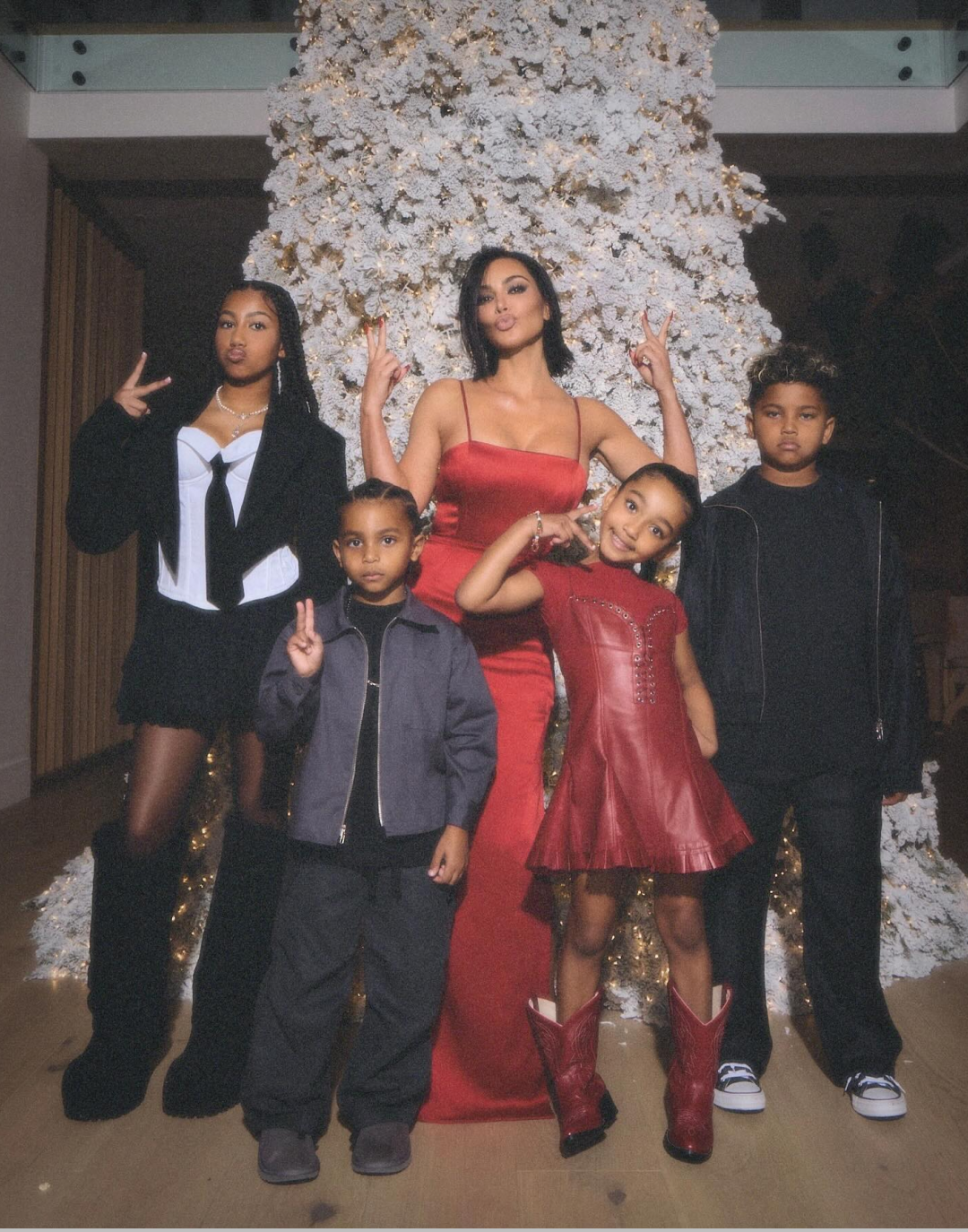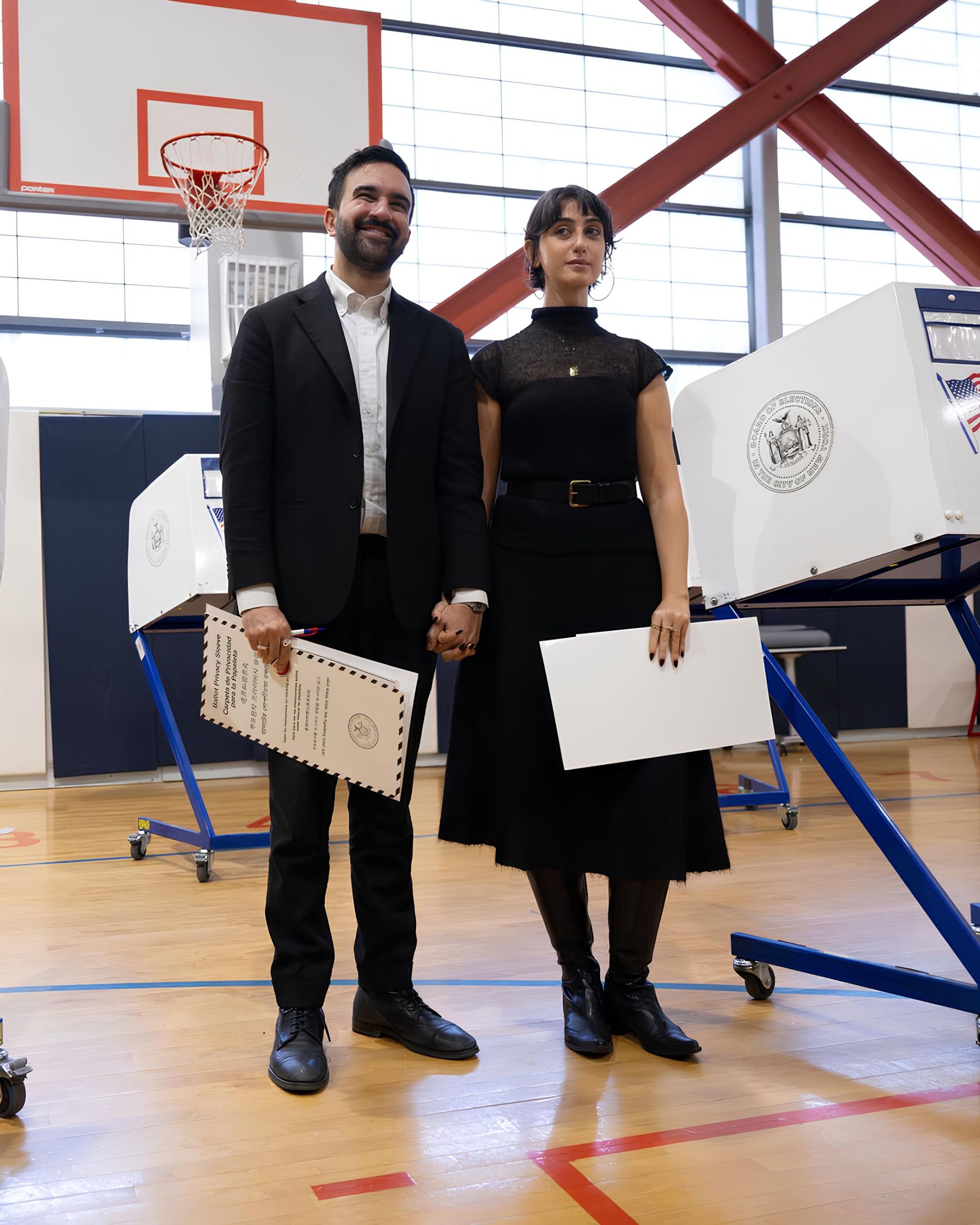
What is BeReal, the social media for candid pictures The leader of a new generation of social media
Social media is changing. Aesthetic photos of holidays and design objects, immaculate outfits, stories on vacation or at the restaurant have lost the aspirational aura they once had and have begun to show the proverbial rope. Even influencers themselves, from time to time, break the fiction of their IG Stories to remind followers that life on social media is sweetened, edited and properly filtered – in other words it is false. And in recent months a new generation of social media is emerging, led by the new BeReal app, which at the moment is still in the status of a semi-viral phenomenon but which has already obtained a 30 million dollar funding and is preparing for further development. In a nutshell, BeReal is an app that sends a notification simultaneously a day to all its subscribers who have two minutes to take a photo and share it with others, without the possibility of editing and post-producing. There are no likes, there are no followers, there is no illusion of a social validation that comes from being better than others. There is only the naked and raw reality.
In search for “realness”
The members of Gen Z are looking for authenticity, for true things. Interviewed by Vogue Business about the rise of this new generation of social media, Josh Constine of tech investment fund SignalFire, explained:
«After a tough year, social networks are waking up to the fact that making people feel good is important. They need to respect boundaries. The next generation really sees and identifies themselves through their friends, not just through what they do, but by the company they keep. The next wave of social experiences will need to be something shared that you can partake in collaboratively».
And if the charm of BeReal is based precisely on the disarming charm of truth, with photos of users who are washing dishes, traveling bored on the train or have just woken up from an afternoon siesta, another app like Poparazzi embraces the collaborative model in a more direct way. The slogan of this app is The Anti Selfie Selfie Club and it allows users to take natural photos of their friends and post them – the idea is that the only photos a user can have of himself are taken by others, obviously without the ability to edit or cut anything. But in addition to the search for "realness" there is another factor that this new generation of apps have in common: entertainment.
Social media as divertissement
BeReal, Poparazzi but also ClubHouse or even before TikTok represent the new generation of Gen Z apps that are slowly undermining the classic social media such as Facebook and Instagram. According to data reported by The Financial Times relating to the United Kingdom, in fact, the presence of Instagram in iPhones fell by 18% in 2020 while the average daily use time of Facebook fell from 36 to 29 minutes last year. The main difference between these old social media and the new ones is in their setting: traditional apps are centered on self-promotion, the user is the absolute center of the experience and can decide when and how to present themselves to the world; the new apps instead constitute a new level of activity and entertainment thanks to the switchfrom photo to video and therefore forces you to create a narrative, a content that is somehow more concrete than the usual selfie. Precisely for this reason, Instagram has recently included reels among its features.
The extraordinary success of TikTok, which began last year, but also that of ClubHouse lies precisely in its ability to be a sort of television variety: there is the funny ballet, the sketch, the video-recipe, the informative video and so on. If on Instagram you "shake" passively, putting at most a like on this or that photo, on TikTok you actively look, replicate a format – just as the honest photos of BeReal offer ideas of humor and relatability and the "pop" of Poparazzi stimulate the curiosity to see the portraits without filters of their users. Not surprisingly, in the same Financial Times article, Adam Mosseri, Head of Instagram, said: «Video is driving an immense amount of growth online for all the major platforms right now and it’s one that I think we need to lean into more. We are no longer a photo sharing app».



















































